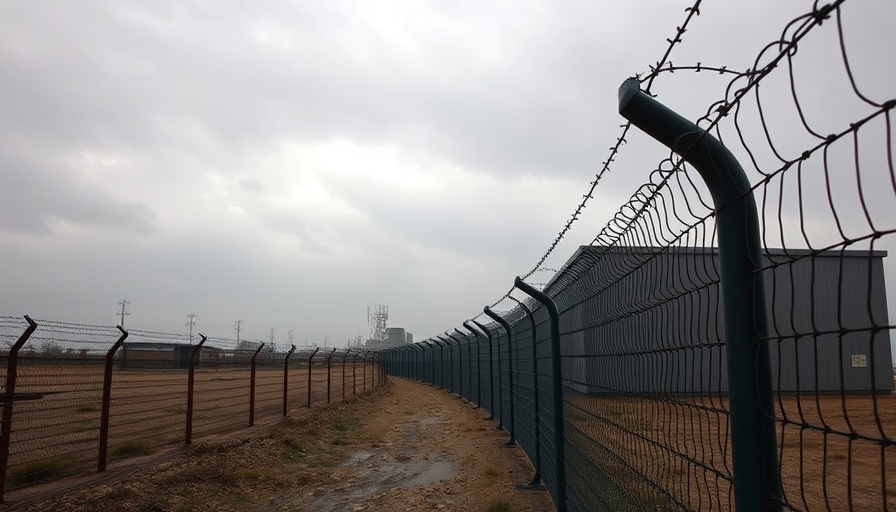
Historic Surge in ICE Detainees: What it Means for America
Recent reports reveal that U.S. Immigration and Customs Enforcement (ICE) is holding a record high of nearly 59,000 immigrants in detention centers across the country. This figure, released by internal government data, suggests a significant shift in immigration policies under the Trump administration, where aggressive measures against illegal migration have become the norm.
As ICE runs at over 140% capacity, the implications of such a high detainee count are worth exploring in relation to national security, social dynamics, and the human element of immigration enforcement.
Understanding the Detainee Demographics
Intriguingly, nearly half of these detainees—around 47%—have no criminal record, and fewer than 30% have been convicted of any crimes. This statistic showcases a paradox within the current immigration enforcement framework, where many individuals who pose no immediate threat to society are being detained. Historically, ICE's focus was aimed at apprehending those who present a danger, but the present figures illustrate a broadening of the agency's net, capturing those without a criminal past and intensifying the debate over the ethics of such practices.
Current Events and Public Response
The rising number of detainees has not only spotlighted ICE’s expanding role in immigration enforcement but has also ignited fierce public discourse. Nationwide protests have erupted, especially following high-profile raids in urban areas, including Los Angeles. Critics argue these operations violate the rights of innocent individuals while supporters believe they are necessary to uphold the law. The diverse perspectives illustrate the complexities surrounding immigration enforcement in a deeply polarized political landscape.
Future Predictions for Immigration Policies
As the political rhetoric continues to shift, future predictions lean towards a more stringent approach unless there are significant changes in Congress or the presidential landscape. The escalation in ice operations, as indicated by these records, hints that ICE might further widen its scope, potentially affecting more law-abiding citizens who are in line for legal status or facing pending immigration decisions.
The Human Impact of Detention
Behind the statistics lie personal stories of families disrupted by these policies. The emotional and psychological toll on detainees and their loved ones cannot be disregarded, raising questions about the humanitarian consequences of mass detentions. Understanding these impacts offers a more profound perspective on the ramifications of immigration laws, emphasizing that laws affect real lives.
Exploring Alternatives and Solutions
The current detention practices raise the question of whether there may be more humane and effective alternatives to outright detention. Programs for community supervision or other enforced compliance measures could provide a pathway for balancing enforcement while respecting individual rights. Advocates for immigration reform urge lawmakers to revisit detention practices to establish a system that prioritizes human dignity alongside security.
Call to Action: Engaging in the Dialogue
As voices around immigration policy grow increasingly diverse and heated, it's essential for individuals to engage in dialogue about these pressing issues. Advocacy, education, and grassroots movements can catalyze reforms and shift public perception. Everyone has a role in shaping policies that effectively balance national security with compassion.
 Add Element
Add Element  Add Row
Add Row 



 Add Row
Add Row  Add
Add 


Write A Comment